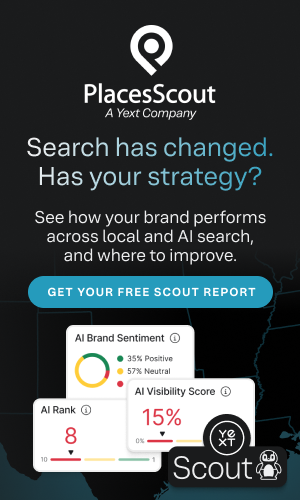Noelle Leahy
Member
- Joined
- Dec 10, 2018
- Messages
- 20
- Reaction score
- 11
Hi there, I've had no success in finding a tool to research keyword search volumes for a town i.e. with 5K population. I've tried the Adwords Keyword planner, Wordstream and SemRush but the town i'm researching is not in any of the dropdowns for 'target location'. Any other suggestions for tools? Thanks in advance.




